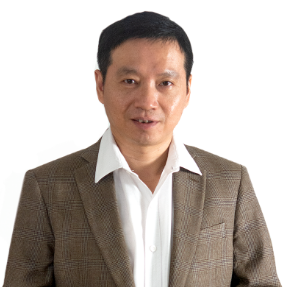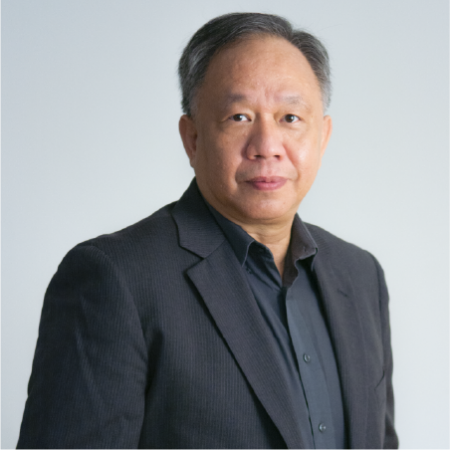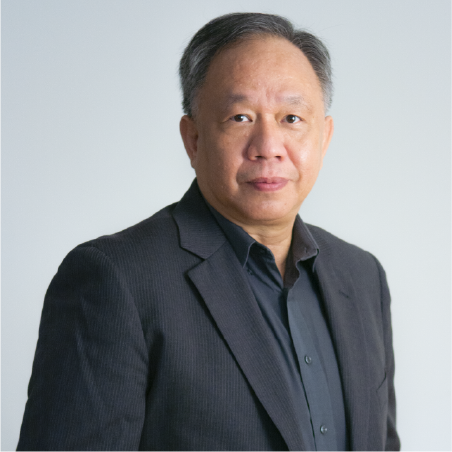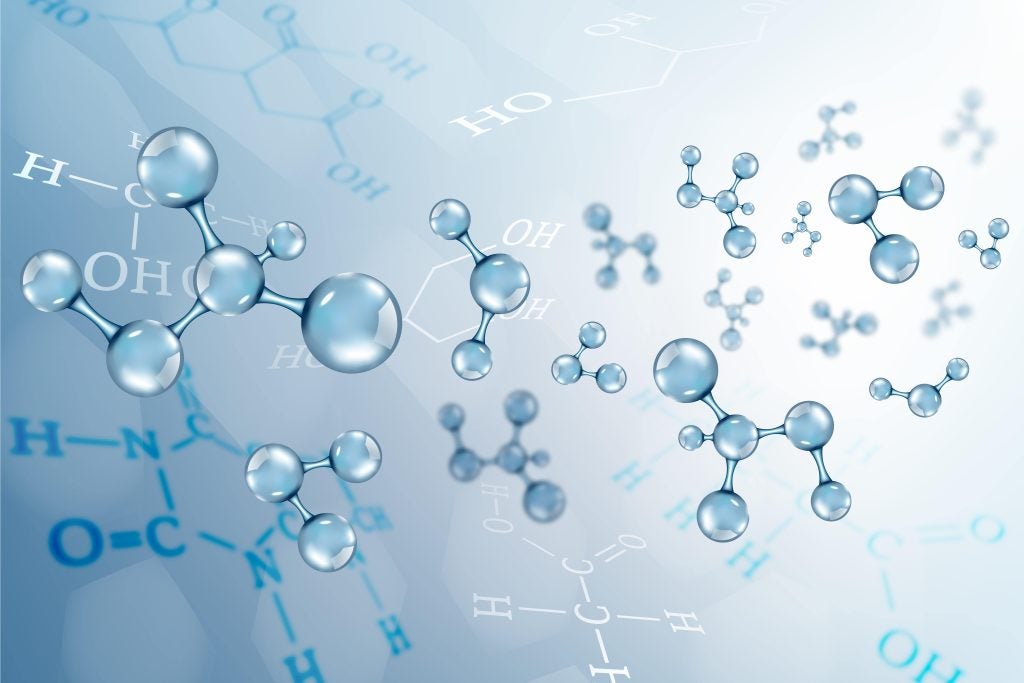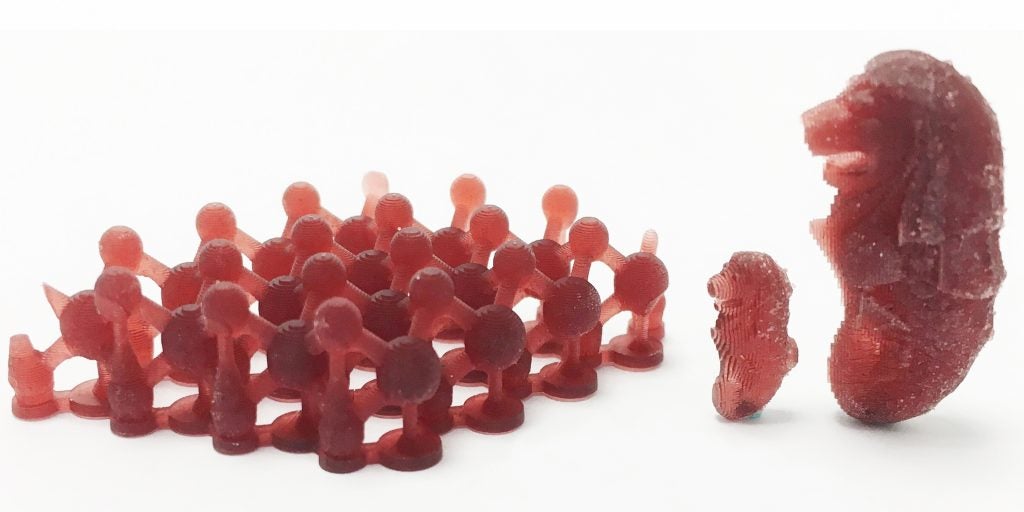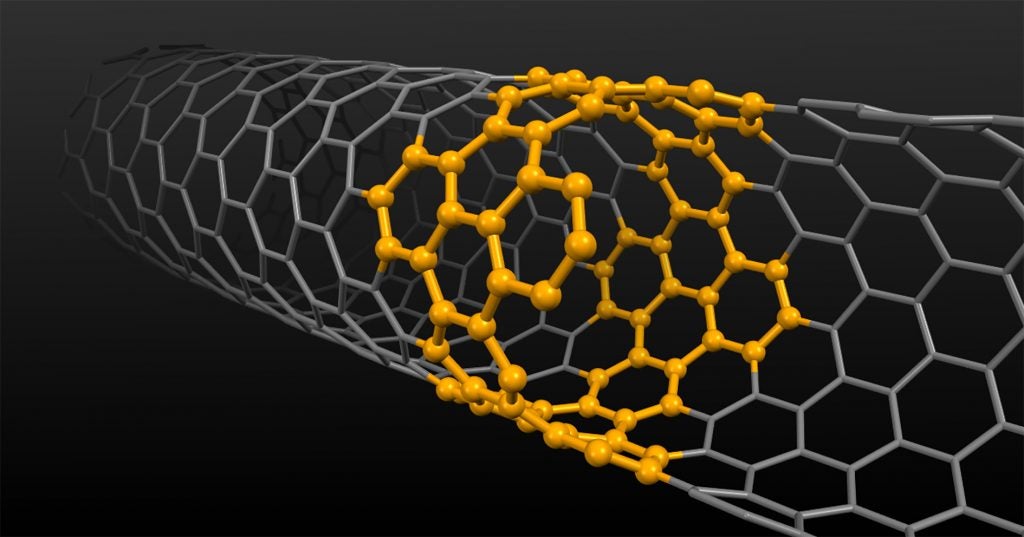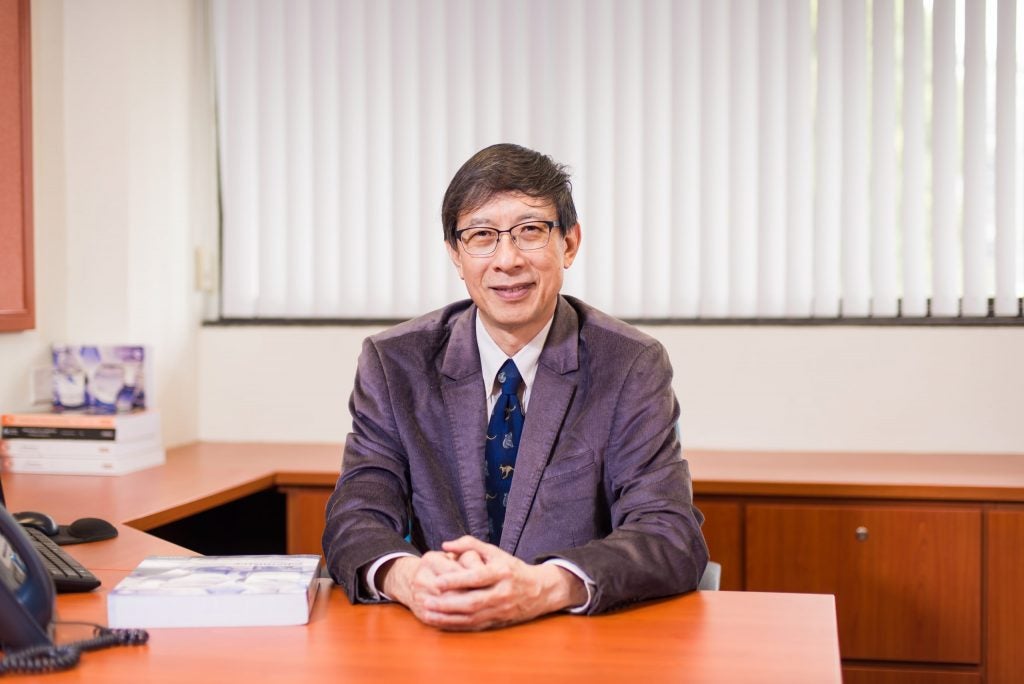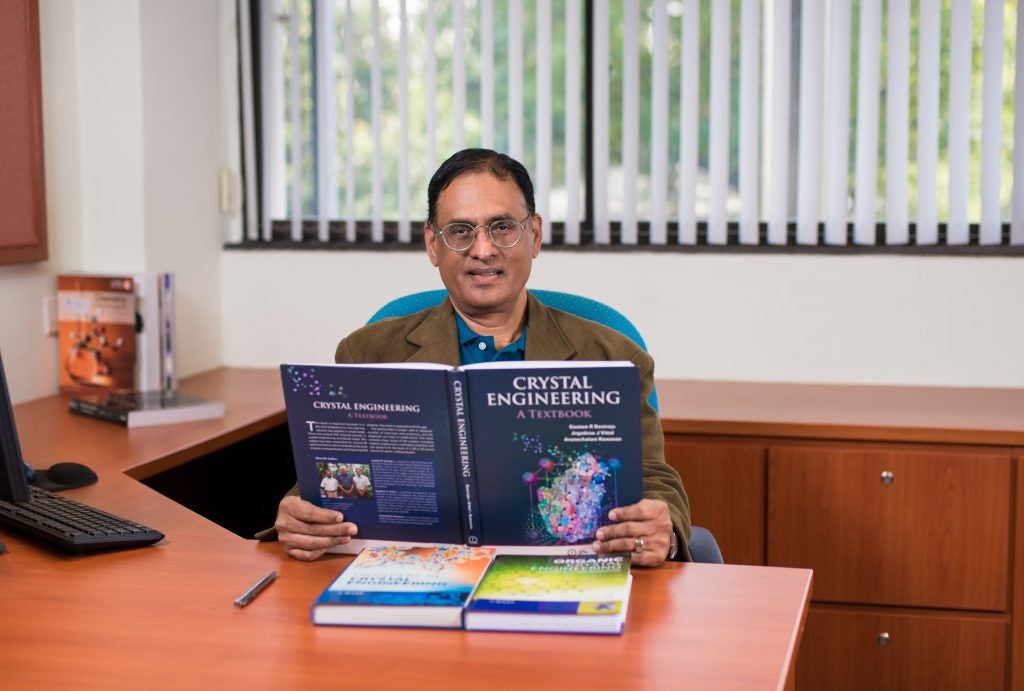
NUS researchers led by Assoc Prof Jason YEO and Shell embarked on a new $4.6 million research programme to develop novel processes for converting carbon dioxide into ethanol and n-propanol. Successful outcomes from this research programme will support Singapore’s carbon emissions reduction targets, which is a focus under the Research, Innovation and Enterprise (RIE) 2025 Plan.

The Singapore team led by Dr TAN Wee Boon and Dr HOANG Truong Giang clinched two gold medals and two silver medals. They came in sixth amongst 80 participating countries at the 53rd International Chemistry Olympiad (2021) held from 25 July to 2 August in Osaka, Japan. The students worked on the hydrogen storage process through adsorption on metals, which is related to hydrogen transport and storage technology. Hydrogen is one of the leading renewable energy sources of the future.
